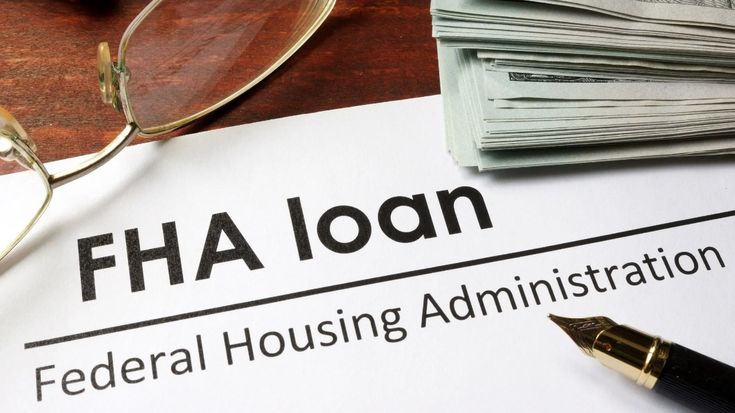The dream of homeownership can feel out of reach, especially for first-time buyers grappling with saving for a down payment. But fear not! The FHA loan, a government-backed mortgage option, can be your gateway to unlocking that dream. This blog dives into the world of FHA loans, explaining their benefits, eligibility requirements, and the steps involved in securing one.
Why Consider an FHA Loan?
Lower Down Payment:
Unlike conventional loans that typically require a 20% down payment, FHA loans allow you to purchase a home with a down payment as low as 3.5%. This significantly reduces the upfront financial burden for first-time buyers.
Flexible Credit Score Requirements:
Qualifying for an FHA loan is often easier than with conventional loans. The minimum credit score requirement for an FHA loan with a 10% down payment is 500, and it can be as low as 580 with a 3.5% down payment.
Mortgage Insurance:
FHA loans require mortgage insurance, which protects the lender in case of default. While it adds a monthly premium, it allows lenders to offer more favorable terms to borrowers with lower credit scores or smaller down payments.
Are You FHA Loan Eligible?
Are You FHA Loan Eligible?
Minimum Credit Score:
The minimum credit score for an FHA loan depends on your down payment amount. Aim for a higher score to potentially qualify for a lower interest rate.
Debt-to-Income Ratio:
Your debt-to-income ratio (DTI) compares your monthly debt payments to your gross monthly income. FHA loans generally have more lenient DTI requirements compared to conventional loans.
Occupancy:
The property you purchase with an FHA loan must be your primary residence.
The FHA Loan Process: A Step-by-Step Guide
- Get Pre-Approved: Obtain pre-approval from a lender to determine your borrowing power and demonstrate your financial strength to sellers.
- Find Your Dream Home: Work with a real estate agent to find a property that meets your needs and qualifies for FHA financing.
- Submit a Loan Application: Provide the lender with all necessary documentation, including tax returns, pay stubs, and bank statements.
- Underwriting and Closing: The lender will underwrite your loan to verify your financial eligibility. Once approved, you’ll proceed to closing to finalize the purchase.
Beyond the Basics: Important Considerations
- Mortgage Insurance: Be aware of the ongoing cost of FHA mortgage insurance premiums, which can be factored into your monthly budget.
- Property Limits: FHA loans have loan limit restrictions that vary depending on your location.
- Down Payment Impact: While a lower down payment is attractive, a larger down payment can reduce your loan amount and potentially lower your monthly payments and mortgage insurance costs.
Unlocking Your Homeownership Journey
The FHA loans is a valuable tool for aspiring homeowners, especially those with limited savings or lower credit scores. By understanding its eligibility requirements, navigating the process, and considering the long-term implications, you can determine if an FHA loan is the key that unlocks the door to your dream home.
So, don’t let the initial financial hurdle discourage you! Explore the possibilities of FHA loans and embark on your path to homeownership with confidence!


